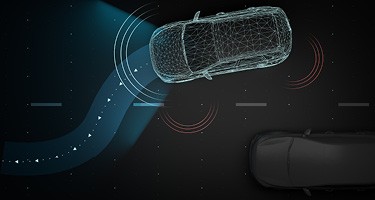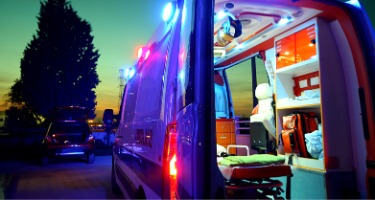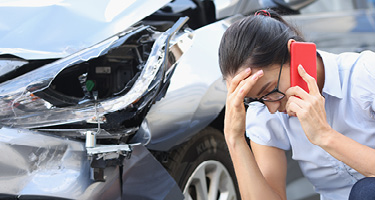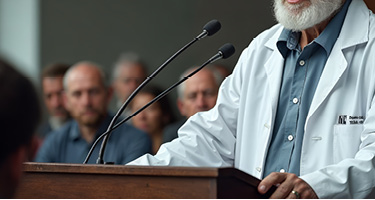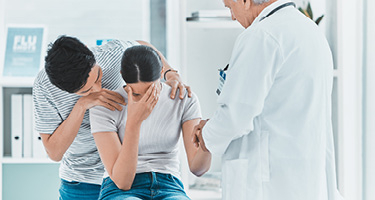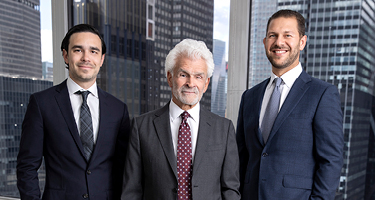
Failing to yield the right of way was the leading cause of car accidents in Alabama in 2018. According to the Alabama Department of Transportation, failing to yield the right of way resulted in 23,832 crashes. Ninety-six of those crashes resulted in fatalities.
Tailgating and misjudging stopping distance rounded out the top three causes of car accidents that year. There were a total of 159,925 traffic crashes in Alabama during 2018.
Drivers Duty to Yield the Right of Way
Drivers have the duty to yield the right of way in certain circumstances. Instances in which a driver must yield the right of way include but are not limited to:
- Whenever there is a yield sign present or a yellow blinking traffic light
- When turning left across opposite lanes of traffic
- When turning right on a red light
- For pedestrians in a crosswalk
- Two emergency vehicles, such as ambulances, police vehicles, and fire trucks
- When merging into traffic from an on-ramp
- Entering the road from a driveway or private road
You can refer to the Alabama Driver's Manual or the Alabama Traffic Code for a complete list of traffic laws.
Why Do Drivers Fail to Yield the Right of Way?
In most cases, inattention is the reason for accidents caused by failure to yield the right of way. A distracted driver runs a red light, fails to stop for a crosswalk, or pulls out into traffic and causes a collision.
Common reasons why a driver might fail to yield the right of way:
- Intoxication
- Road Rage
- Failing to obey traffic signals
- Drowsy driving
- Inexperience
- Speed
- Failing to see a yield sign
- Poor visibility
- Distracted driving
- Failing to check before merging into traffic
Failure to yield the right of way can cause car accidents that result in catastrophic injuries and deaths. All drivers have a duty to maintain a proper lookout and obey traffic laws. If a driver is negligent or reckless, he can be held liable for damages caused by an accident.
Injuries and Damages Caused by a Failure to Yield Right of Way Accident
Failing to yield the right of way can cause a T-bone accident or head-on collision. The risk of traumatic and life-threatening injuries are high in these types of accidents. However, any collision has the risk of causing fatalities and severe injuries.
Common injuries sustained by car accident victims include traumatic brain injuries, internal organ damage, back injuries, broken bones, and neck injuries. Accident victims might require surgery and physical therapy to recover from accident injuries.
Accident injuries result in damages. Damages include the economic losses incurred by accident victims. They also include non-economic damages or "pain and suffering" damages.
Examples of damages in a car accident claim include:
- Cost of diagnosis and treatment of injuries
- Loss of income and benefits
- Pain and suffering
- Loss of enjoyment of life
- Disfigurement, impairments, and disabilities
- Other out-of-pocket expenses
The value of a car accident claim depends on numerous factors, including your financial losses, the severity of your injuries, and whether you share responsibility for the cause of the car accident.
You can help increase your chance of recovering full compensation for your injury by documenting your injuries and financial losses. Keep copies of all receipts, bills, and other evidence of economic damages. Make sure that you follow your doctor's treatment plan.
What Should You Do After a Failure to Yield the Right of Way Accident?
Try to remain calm. Being involved in a traffic accident can be overwhelming and frightening. Your emotions can get away from you, especially when the accident is the other driver's fault.
Call 911 to report the car crash. The operator will dispatch the police and emergency medical services. Do not discuss the accident with the other driver or bystanders.
If possible, make a video of the car accident scene with your cell phone. You might also want to take some pictures with your cell phone, including the vehicles' positions and the damage to the vehicles.
If there are any eyewitnesses, ask them for their names and contact information. Some witnesses may leave before they give a statement to the police officer. When liability for the cause of the crash is disputed, eyewitness testimony can be the evidence you need to prove that the other driver failed to yield the right of way.
Seek medical treatment for your injuries. Prompt medical care is best for your health and your car accident claim. Delays in medical care could be used to argue that your injuries were not the result of the car accident.
As soon as possible, contact a car accident lawyer near you to discuss your accident. An attorney explains your rights and advises you of your options to recover compensation for your injuries.
Mitchel Lattof is an experienced personal injury attorney in Mobile, AL. He handles all kinds of personal injury cases, and he offers a free consultation.


